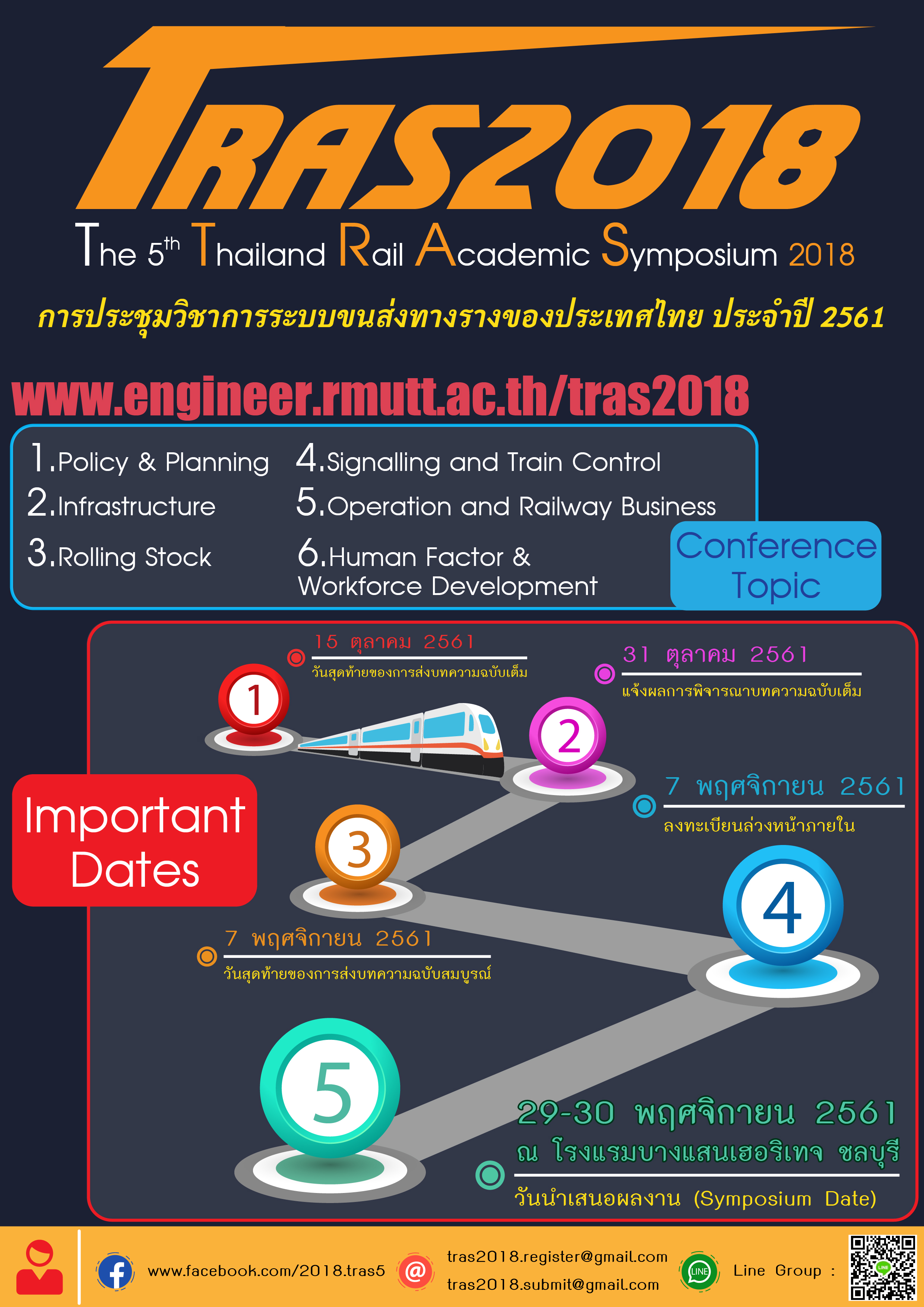
Email mass mailings have been replaced with RSS feeds.Īlerts and updates about the list itself will be posted here to this front page. All list traffic now passes through our web interface. We appreciate your patience.Įmail subscriptions to the list have been halted. It will generally take 24-48 hours for the submissions to appear live, although it can take longer on the weekends or near holidays. All submissions are reviewed by our staff before they are published on the website. Submissions will appear only on the web, sorted by category. We no longer offer mass mailing functionality.
CALL FOR PAPERS HOW TO
More information about how to protect yourself against fraudulent email messages or web sites is available at.

Final versions of accepted papers will be ready for pre‐printing by mid‐2024.The Call for Papers website is provided by the Department of English at the University of Pennsylvania as a courtesy to the academic community.All papers received by 10 November 2023 will be refereed using the Society’s standard criteria for discussion meeting papers (scientific quality and potential to generate discussion).
CALL FOR PAPERS FULL
The deadline for full paper submission is 10 November 2023.
CALL FOR PAPERS SERIES
Full papers (16 pages max) should then be submitted via manuscript central to the most appropriate journal series (A, B or C) selecting the “Discussion Paper” option. Notification of accepted abstracts will be made by 14 July 2023 together with an invitation to submit a full paper. Authors are invited to send a single‐page abstract (400 words max) of their proposed paper to Judith Shorten, the RSS Journals Manager () by 30 June 2023.

We shall employ a two-step process to expedite the peer review process. Submitted papers should be substantially shorter than is typical for a single‐paper discussion meeting (16 pages max excluding supplementary material following standard JRSS formatting instructions). Papers that meet the first criterion but not the second may, with the agreement of the authors, be referred to the editors of the Journal for review as a regular paper. All submitted papers are refereed, both for their scientific quality and their potential to generate discussion. Papers selected for publication will be presented at a multi-paper discussion meeting held at the RSS International Conference in Brighton, UK, in September 2024, and subsequently published in one of the series of Journal of the Royal Statistical Society (JRSS), together with all contributions to the discussion at the meeting itself or submitted in writing shortly afterwards. causal inference, Bayesian approaches, functional data analysis, machine learning).

Citizen science involves volunteers who participate in scientific research by collecting data, monitoring sites, and even taking part in the whole process of scientific inquiry (Roy et al.


 0 kommentar(er)
0 kommentar(er)
